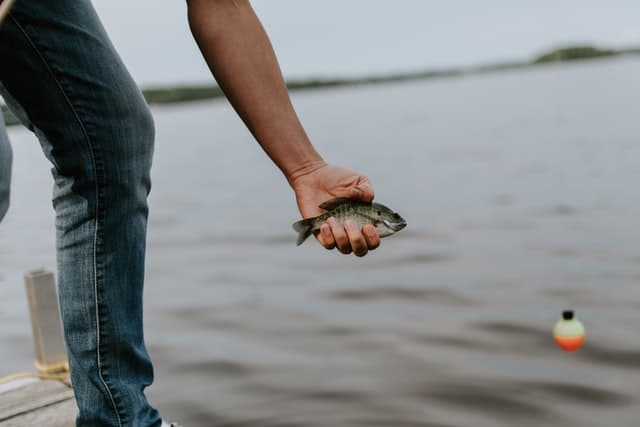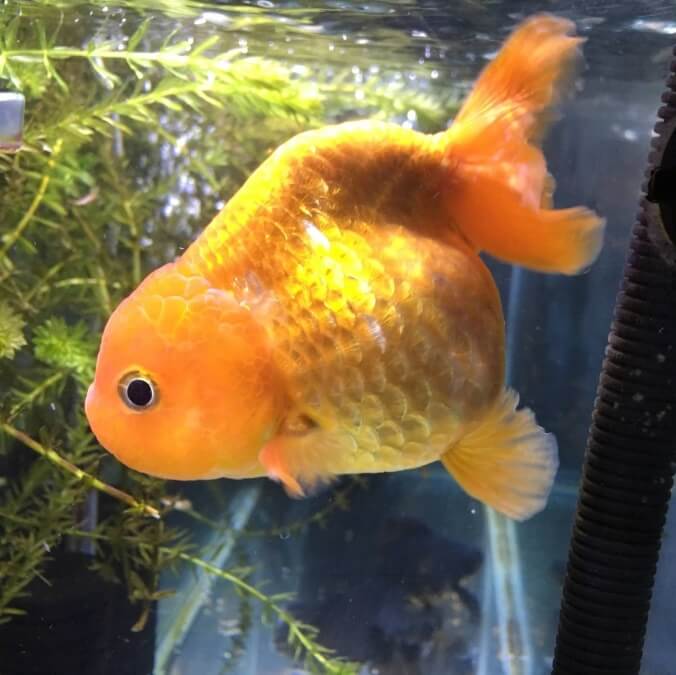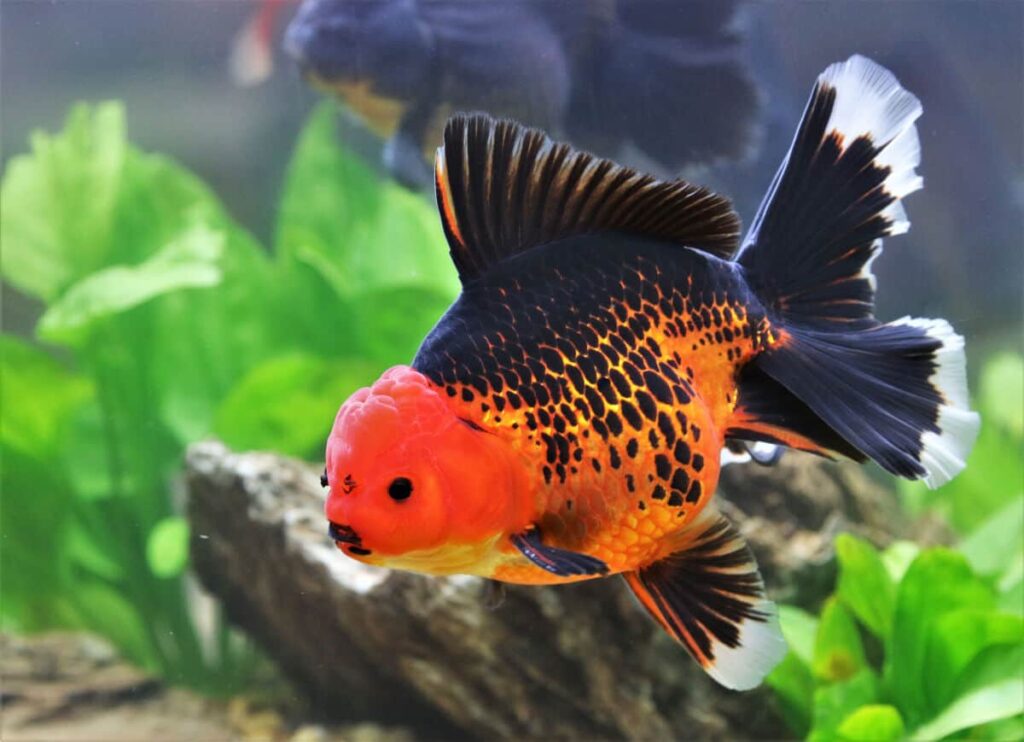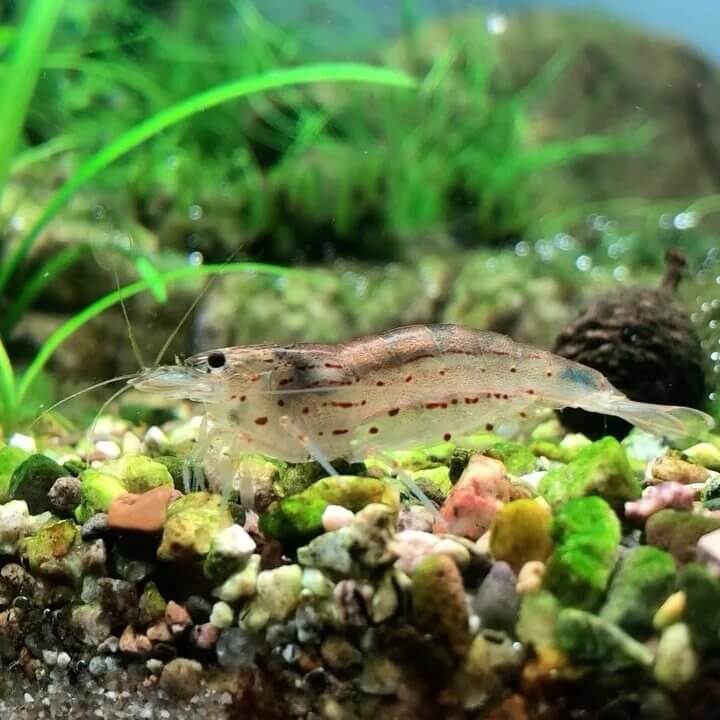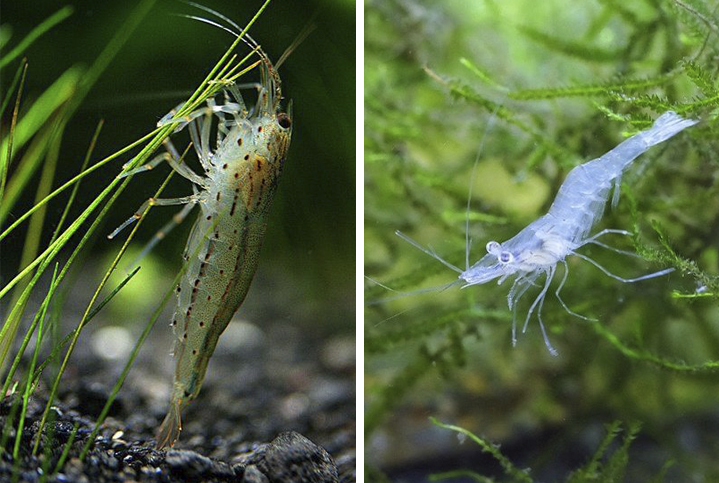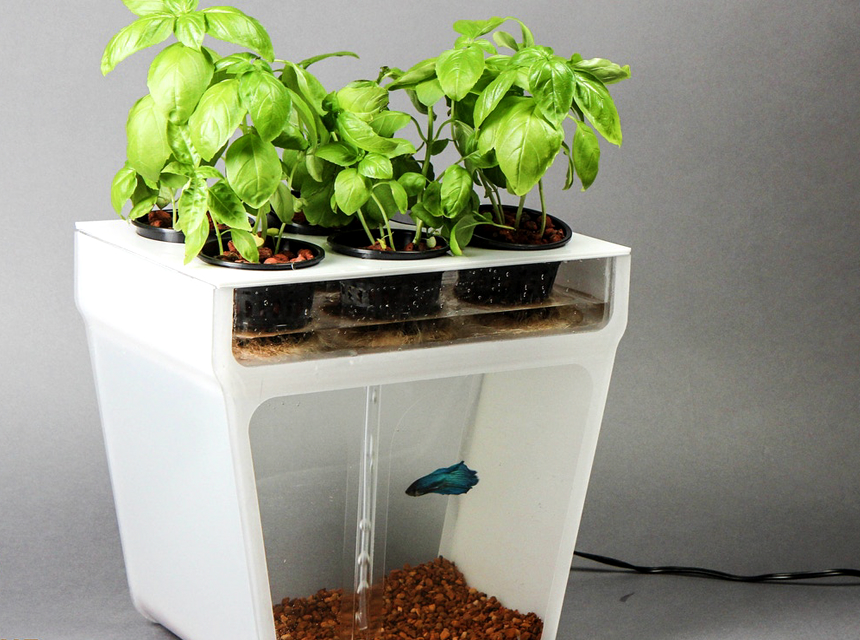

Home aquariums have been gaining in popularity in recent years. The principle of an aquarium was developed in the late 19th century by Robert Warington, a chemist who realized that adding plants to a water container would provide enough oxygen to support fish. Nowadays, guppies are among the most popular tropical fish in home aquariums. One reason for this is because they’re great community fish and thrive with many other types of fish. Provided your aquarium has the best temp for guppies, these wonderful fish will flourish. With an ideal temperature, guppies thrive. They feed well and are happy. As guppies are tropical fish, most people use a thermometer and heater to ensure the water is at the perfect temperature. Too hot and the fish won’t fare well, too cold and they’ll run into problems. So, what is the best temp for guppies? Let’s find out.
The ideal temperature range for a guppy is between 23 °C and 28 °C (74 °F to 82 °F). This temperature range is optimal for the majority of home aquariums, which is one reason why guppies can easily live with other types of fish.
When the temperature drops, a guppy can survive in temperatures under 20 °C (the lower 60s in Fahrenheit). In terms of maximum temperature, a guppy could survive in water that’s 32 °C or 90 °F. However, they wouldn’t survive for very long.
According to research, the best temperature for a guppy’s growth was in a water temperature of 30 °C, while the best temperatures for survival were 26 °C and 28 °C. So, although you have heavier fish in hotter temperatures, not all of them will survive.
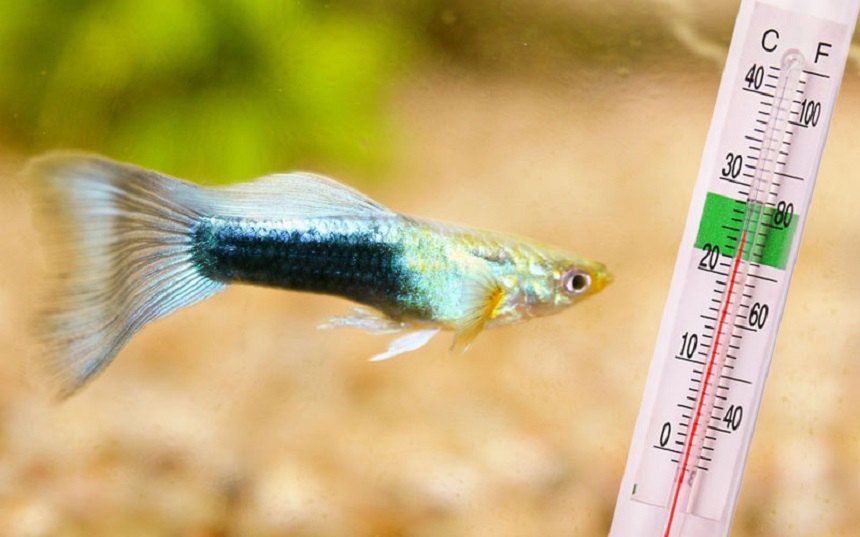
Before deciding on your tank setup with regards to water temperatures and water heaters, it’s important to understand what happens to guppies when the water temperature in the aquarium is not within the recommended parameters. With water that’s too hot, a guppy’s metabolism Trusted Source The guppy (Poecilia reticulata) is a useful model for analyzing age-dependent changes in metabolism, motor function, and gene expression - PubMed Aging is a major risk factor for many chronic diseases, causing a general decline in physiological function and loss of homeostasis. Recently, small teleost fish have been used as animal models of aging research because their genetic structures and organs closely resemble those of humans. pubmed.ncbi.nlm.nih.gov will be hyperactive. With this extra movement, the guppy will have increased stress. Stress is among the biggest threats to aquarium fish survival as it weakens the immune system. With water too cold (lower than 16 °C/60 °F), the fish will also be in trouble.
When an aquarium has water warmer than 28 °C (82 °F), this is considered too hot for guppies. You should always make sure their water doesn’t go above this. It’s also important to take into account the air temperature outside the aquarium. During the summer, you should aim for a slightly cooler water temperature to compensate for the higher air temperature.
It’s important that the temperature doesn’t get too high for two reasons. These are problems with oxygen and a shorter lifespan.
When the water temperature is above the ideal range, the oxygen levels in the water are lower because hot water can’t hold as much oxygen. Guppies need oxygen to stay active and keep healthy. When oxygen levels are lower, guppies can suffocate. This is especially true if there are lots of them as there wouldn’t be enough oxygen for all of them. Water that is too warm is one of the biggest reasons why guppies die in beginner fish tanks. Also, the lack of oxygen means that the tank’s good bacteria don’t get the oxygen they require to help them break down all the ammonia in the tank. With an increase in ammonia, there are lots of problems caused. This includes guppies having burnt gills.
With warmer than ideal water, guppies won’t live as long. This is down to the fact that warmer water means there are more toxins and bacteria around, which make them ill. Added to this is the lack of oxygen, and you have guppies that don’t live as long. Guppies don’t need to be exposed to higher temperatures for very long for problems like parasites or disease to occur. This is why you should always check your tank thermometer regularly to ensure the water temperature stays within range.
Guppies are able to survive when the water temperature dips lower than the ideal range, but it isn’t for long. The lower the water temperature, the more danger the fish are in. Ideally, you should never allow the water temperature to dip below 18 °C (65 °F), but it has been known for guppies to survive below temperatures of 16 °C (60 °F). This, however, is certainly not recommended.
Just like when the tank is too hot, there are also lots of problems with a tank that’s too cold. This includes disease increase, issues with breeding, slower growth rate, and less activity.
Generally speaking, guppies are hardy fish, but they will get sick when exposed to lower than recommended temperatures. The diseases due to lower temperatures will usually affect the entire aquarium and all of the fish in it. It might even mean that all of the guppies, as well as other fish, die. This is arguably the most important reason to ensure the water temperature is kept high enough.
If you have guppies for breeding, cooler water will not help. Guppies don’t breed when the water is too cool, and guppy fries won’t survive in cooler water either. This is because they have less energy in cooler water. For breeding, ideal temperatures must be adhered to.
As well as making breeding harder, young guppies also won’t grow as fast in cooler water. If you’ve got guppy fries and you’re wondering why they’re not growing very big, this could be why.
Guppies aren’t warm-blooded. This means that they are less active when they are feeling cold – just like other cold-blooded animals. When they’re at the right temperature, they’re more comfortable and more active. Generally speaking, having reduced activity isn’t a problem, but if this is prolonged, the guppies can become unhappy and unhealthy. As a result, many will die. All fish, including guppies, should be active and thus, need water that is the right temperature for them.
Now we know why guppies need a certain temperature range. We need to know how to achieve and maintain that range in our fish tanks. Firstly, a water heater can help, especially if you live in an area that is often below 22 °C (72 °F). A heater helps keep the temperature of the water consistent. Having a thermometer is also a good idea because you’ll be able to keep a constant eye on whether or not the right temperature is present. But what happens if the water gets too cool or too warm?
As we mentioned earlier, when the fish tank water is too hot, oxygen (or the lack of it) is an issue. Therefore, you need to put steps in place to resolve this issue. There are two methods of doing this:
When your fish tank water is too cold, we know this causes problems. Smaller tanks, like five-gallon fish tanks, cool down faster than larger tanks and are more susceptible to being affected by air temperature changes. Though you can keep a fish tank warm without a heater, it is much more difficult and more onerous. Getting a heater means you can be more relaxed and worry less about your fish. The sooner you can warm up your tank, the better. Larger tanks might even need two heaters in order to maintain their temperatures.
When it comes to the best temp for guppies, there are often many questions. Here are two of the most common.
If you’re considering breeding guppies, you need to ensure the temperature is just right. For breeding, this should be between 22 °C and 26 °C (72 °F to 78 °F). For successful growth, guppies should swim in water that is at the upper temperatures of this range.
If you’re keen to have a community fish tank and would like to know which fish would live well with your guppies, then it’s important to choose fish that live in the same temperature ranges. Some examples of fish that like the same temperature include:
Guppies are really easy-going, and they don’t need a lot to thrive. One thing they do require is water at the right temperature. If the water temperature is too hot or too cold, they will be faced with numerous problems like stress, lack of energy, too much energy, illness, disease, failure to thrive, and death. The best temp for guppies is between 23 °C and 28 °C (74 °F to 82 °F). Thankfully, this range is quite wide. However, it’s important to maintain a consistent temperature for optimal health, so don’t increase or decrease their water temperature suddenly by more than two degrees as this will shock them.
